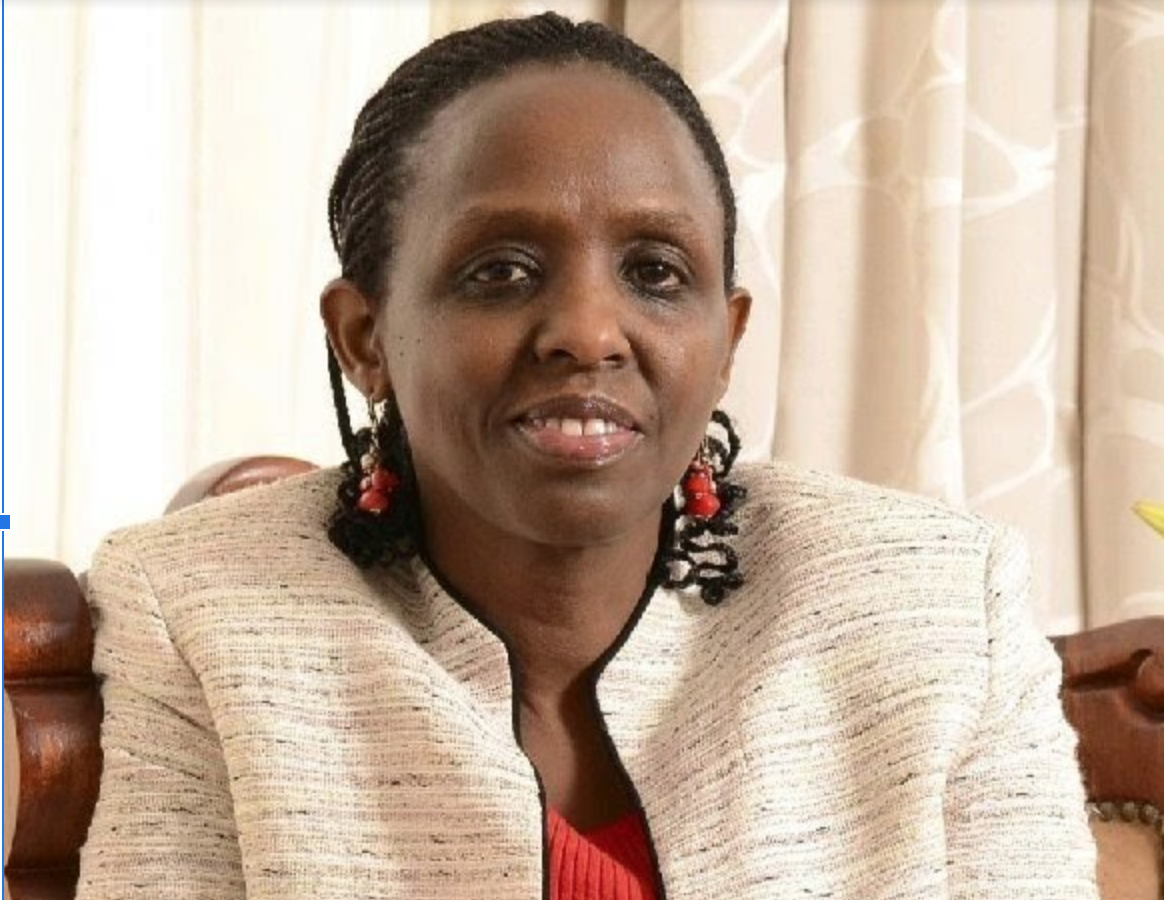AGRA President’s Remarks
Venue: Julius Nyerere Convention Centre, Dar es Salaam
Date: Friday, March 11th, 2016
Setting the Stage
Hon. Mwigulu Nchemba, State Minister for Agriculture, Tanzania
Ms. Tone Skogen, Deputy Minister – Foreign Affairs, Norway
Hon. Abbas H. Kandoro, Regional Commissioner, Mbeya
AGRA’s partners, Colleagues, Distinguished Ladies and Gentlemen
- I am delighted to be addressing you this morning. Earlier this week the world commemorated the International Women’s Day.
- I participated in events hosted by WFP and IFAD in Rome where we recognized the significant role that women’s empowerment could play in building resilience and sustainable development particularly in transforming agriculture.
[PAUSE]
AGRA’s raison d’être
- Allow me to draw parallels here – between this recognition and the work that AGRA continues to do on the continent in transforming agriculture as a vehicle for economic transformation and sustainable development.
- Although women are responsible for 60-80% of the food production in Africa, playing the role of producers, laborers, processors and traders, it is clear that the depravation that women are exposed to makes it difficult for them to fulfill their vital role in food production, preparation, processing, distribution and marketing activities.
- Here in Tanzania, agriculture continues to be the backbone of the economy; it is the biggest employer, a leading foreign exchange earner and source of food for the population. The sector contributes 25% of the GDP and employs 75 per cent of the population, whose majority are women in rural areas.
- 10 years ago, AGRA began a journey focused on transforming the economic potential of the family farmer, the heart and soul of African agriculture. We knew then as we do now that giving her access to high quality seeds, nutrients for her soil, a safe place to store and process her harvest, credit to pay for inputs and a market to provide a fair price for her surplus would not only lift that family to economic viability but change Africa as a result.
- Over 10 years we have learnt that when the many challenges African farmers face are addressed at once—when they get access to improved crop varieties, fertilizers, finance, and market opportunities—progress is rapid and sustainable.
- Closer home, this type of integrated approach has helped 20,000 farmers in the Southern Highlands of Tanzania triple their yields in just two seasons. We’re seeing in Tanzania and other countries aggregation centers run by farmer organizations and warehouse receipt systems that are giving smallholder farmers the competitive edge in the market.
- AGRA has built networks of local institutions delivering services to more than 15 million smallholder farmers across 18 countries; has supported over 100 new seed and fertilizer businesses, 25,000 agro-dealers and released over 500 varieties of locally adapted seeds necessary to spark the shift from subsistence to surplus.
- And that’s the approach we are embracing at AGRA: building the partnerships that can deliver a full package of winning agriculture solutions to African farmers: That usually includes a mix of initiatives focused around seeds, fertilizers, financing, processing, training, targeted policy changes, and identifying and developing multiple market opportunities.
- It involves working with a wide range of partners in the public and private sector: local governments, farmer organizations, food processors, seed and fertilizer producers, banks, insurance companies, development agencies and donor countries.
- Our defining attribute is that this constellation of activity all revolves around the smallholder farmer and enabling them to move from subsistence to surplus and then from surplus to income. One farmer at a time
[PAUSE]
- Ladies and Gentlemen, we believe that Africa’s agricultural potential can serve as the much-needed game changer of the continent’s economy. We’ve come so far in 10 years and have built an infrastructure necessary for scaling up. The stage is set for rapid progress, and so AGRA is embracing a more ambitious agenda. We are now taking the knowledge gained in seeds, soils and markets—along with finance and policy— and pushing for a full package of agriculture solutions for many more smallholder farmers across Africa.
- In this regard, Honorable Minister, we are enhancing our partnerships with the government of Tanzania and in concert target the entire agriculture sector. We see the opportunity to achieve a transformation that can be sustained by the farmers’ own economic success and contribute more significantly to the country’s development trajectory, job creation and economic opportunities.
- By focusing on country lead interventions, Africa’s agricultural transformation should, in the next decade, result in the elimination of extreme poverty in Africa, end hunger and malnutrition in Africa, turn Africa into a net food exporter, and move Africa to the top of the global value chains. Our partnership with the Government here in Tanzania is crucial
- Our partnership with the Government of Norway is based on a common vision of increasing incomes and food security for smallholder farmers in Africa.
- Madam Minister, with the launching of the IGGSAS program today, we look forward to a sustained collaboration and partnership over the next decade of our work in Africa. IGGSAS provides the opportunity to work with at least 30,000 farming households in the Mbeya region over the next 5 years. Using our established package interventions we will provide critical momentum towards enhancing market driven productivity across the entire value chain and contribute to critical ecological integrity.
- Finally I want to appreciate everyone here today. Nothing is more important than food. Your presence, your voice and support shows a strong readiness and commitment to make Tanzania count in this transformation story. We bet on the smallholder farmer at the center and make agriculture a top priority on the African economic agenda.
Thank you for your attention.
